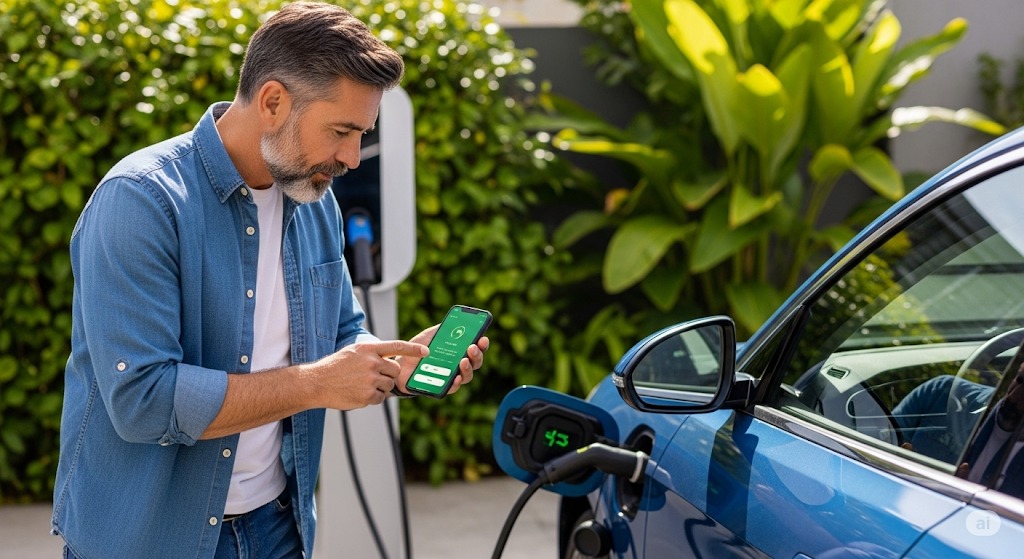Introduction
Thinking about buying your first electric vehicle (EV) in 2025? EVs can save you money on fuel and help the environment, but jumping in without research can lead to regrets.
Here’s what you need to know before buying your first EV so you can avoid common mistakes and make a confident, informed purchase.
1. Understand Your Driving Needs
Before buying, ask:
-
How far do you drive daily?
-
Do you take frequent long trips?
-
Can you charge at home or will you rely on public chargers?
If your daily commute is under 80–100 km and you can charge at home, most EVs will fit your needs perfectly.
2. Check the Real-World Range
Manufacturers often advertise ideal conditions. Real-world range can vary based on:
-
Weather
-
Speed
-
AC/heating usage
-
Driving style
Tip: Look for owner reviews and test drives to check practical range for your use.
3. Home Charging Setup
If possible, install a home charging point before you buy:
-
A dedicated home charger can fully charge overnight.
-
Check your home’s electrical capacity and parking space availability.
4. Public Charging Availability
Research your city’s charging network:
-
Use apps like PlugShare and Tata Power EZ Charge to find nearby charging stations.
-
Know which networks support fast charging.
5. Maintenance and Running Costs
EVs have:
-
Lower running costs compared to petrol/diesel.
-
Fewer moving parts, so lower maintenance costs.
-
Potential government subsidies that reduce purchase price.
6. Consider Resale Value
The EV market is evolving, and battery technology is improving rapidly. Research:
-
Warranty on the battery (most offer 8 years or ~1,60,000 km).
-
Brand support and service networks.
-
Expected resale value in your region.
7. Total Cost of Ownership
Don’t just look at the upfront price:
-
Factor in fuel savings.
-
Lower maintenance costs.
-
Potential government subsidies.
-
Insurance costs.
This gives a realistic view of affordability over 5–7 years.
FAQs
Q: How long does it take to charge an EV?
A: Home charging typically takes 6–10 hours, while fast chargers can charge up to 80% in 45–60 minutes.
Q: Are EVs good for highway travel?
A: Many EVs handle highways well, but planning charging stops is necessary for longer trips.
Q: Is battery replacement expensive?
A: Batteries last 8–10 years. Replacement costs are reducing, and many brands offer long warranties.
Final Thoughts
Buying your first EV is a big step. By understanding your needs, range, charging options, and total cost, you can enjoy the benefits of EV ownership without regrets.
Have questions about buying your first EV? Drop them in the comments below!

